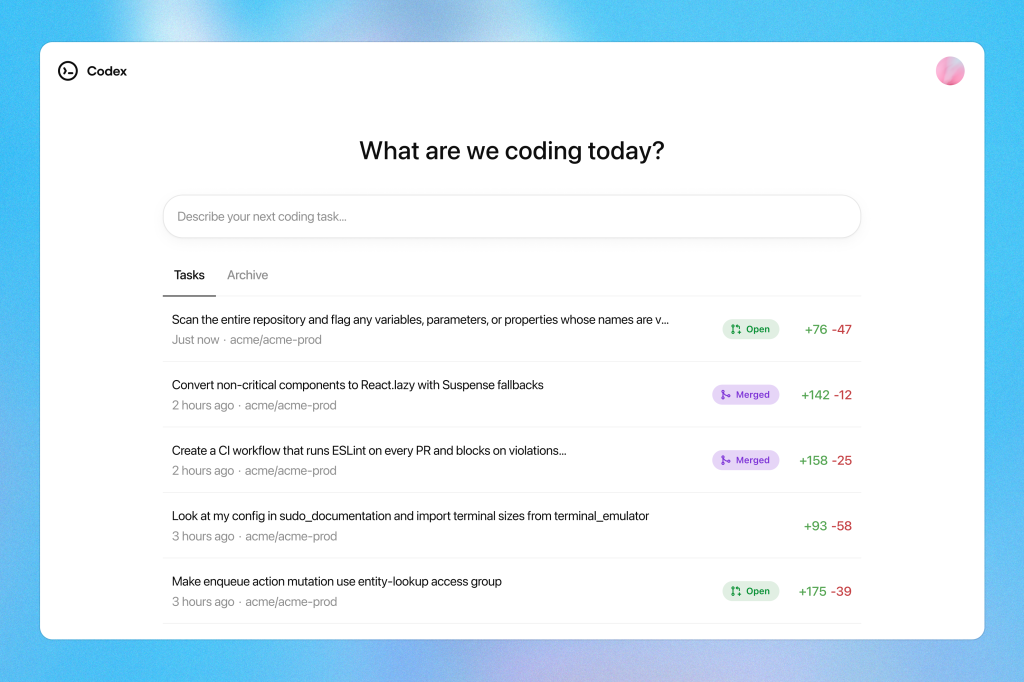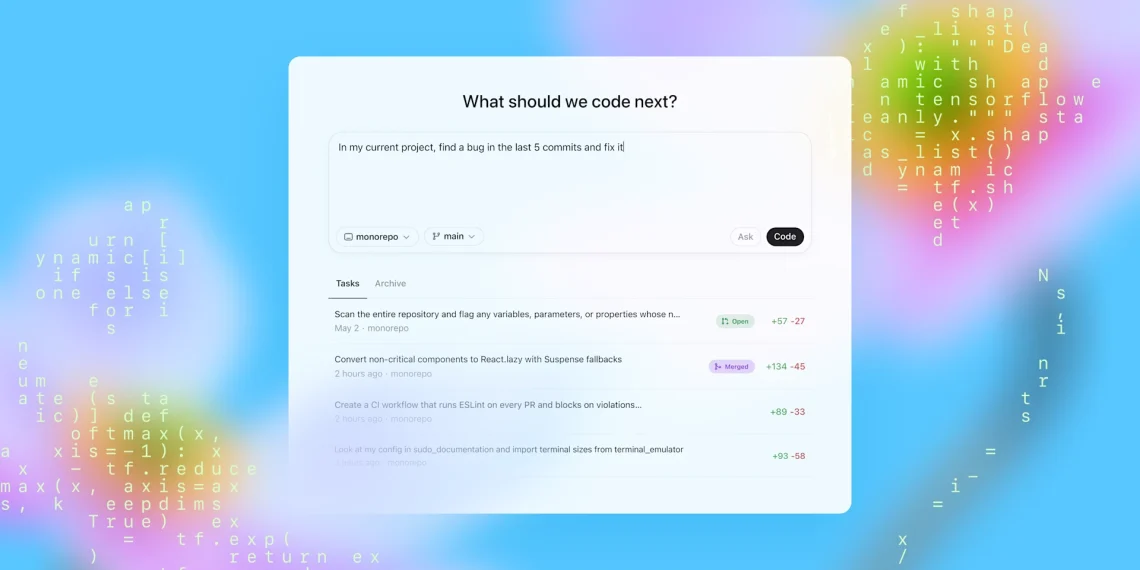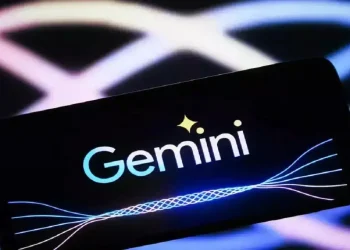OpenAI has introduced Codex, an advanced AI coding agent now integrated into ChatGPT, aiming to revolutionize software development by automating complex coding tasks.
What is Codex?
Codex is powered by codex-1, a specialized version of OpenAI’s o3 reasoning model, optimized for software engineering. It can autonomously generate code from natural language prompts, fix bugs, run tests, and provide real-world implementation suggestions. The agent operates within a secure, sandboxed virtual environment in the cloud, ensuring user safety and data integrity .
Key Features
- Multi-Tasking Capabilities: Codex can handle multiple software engineering tasks simultaneously, allowing developers to delegate routine tasks and focus on more complex problems.
- Integration with GitHub: By connecting with GitHub, Codex can preload code repositories, facilitating seamless interaction with existing projects.
- User-Friendly Interface: Accessible via ChatGPT’s sidebar, users can assign tasks by typing prompts and monitor progress in real-time.
- Flexible Access: Initially available to ChatGPT Pro, Enterprise, and Team subscribers, with plans to expand access to ChatGPT Plus and Edu users soon .

Strategic Implications:
The launch of Codex signifies OpenAI’s intensified focus on the AI coding sector, a rapidly growing field with increasing competition. Notably, OpenAI is reportedly in talks to acquire AI startup Windsurf for $3 billion, highlighting its commitment to leading in AI-driven software development .
The Future of Coding
OpenAI envisions Codex evolving into a fully autonomous development agent, abstracting away the complexities of coding. This aligns with the broader industry trend of integrating AI into software engineering, aiming to enhance productivity and innovation.
Stay updated with Bumbel.site Tech News for more insights into the evolving landscape of AI and software development.









Discussion about this post